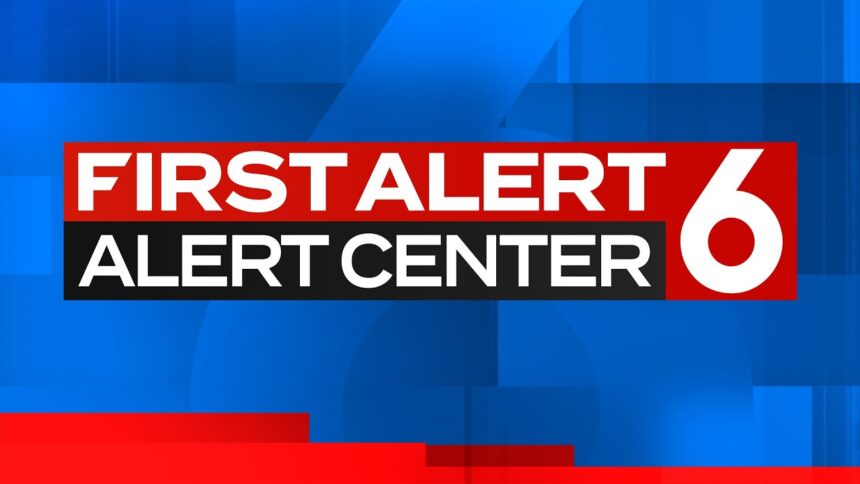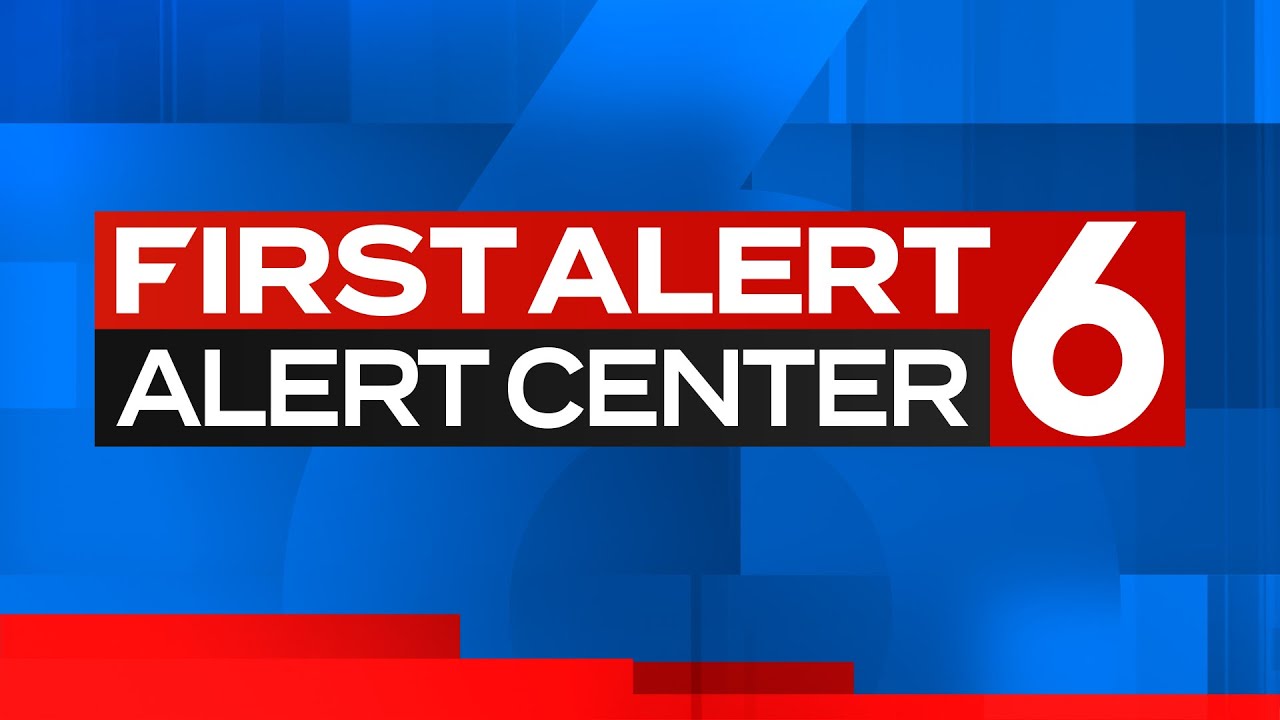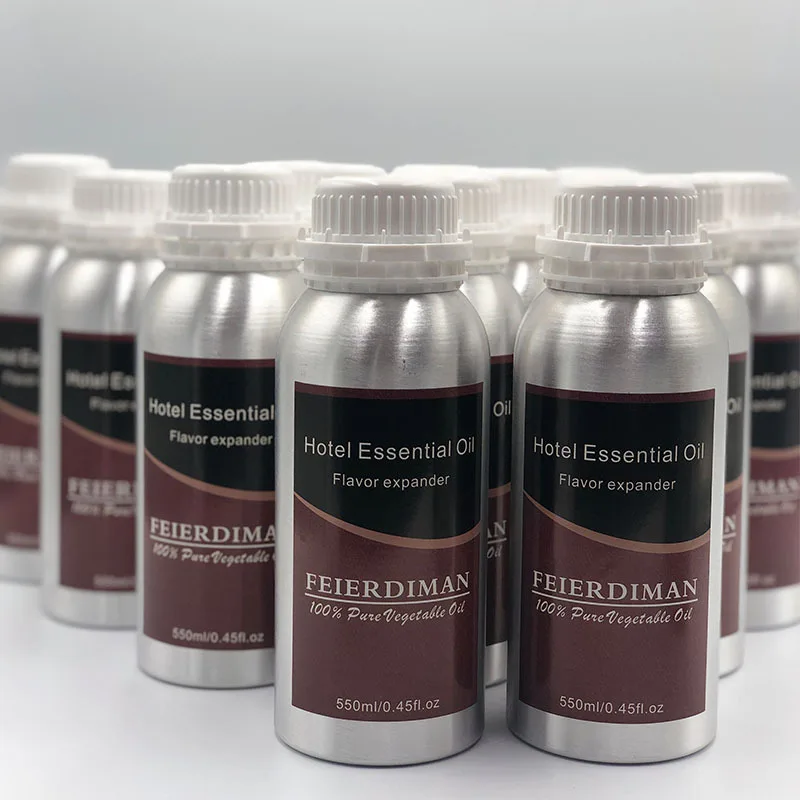The attorney general of Nebraska says people who buy marijuana under a Native American tribe’s planned legal market on its reservation within the state do so “at their own peril,” implying enforcement action against citizens for purchasing what he described as a “poison” if they take it beyond the territory’s borders.
During a press conference focused on an unrelated executive order, Gov. Jim Pillen (R) and Attorney General Mike Hilgers (R) were asked about ongoing negotiations with the Omaha Tribe of Nebraska over a tobacco tax compact and the tribe’s move to legalize cannabis within the prohibitionist state.
“I think that my position is crystal clear. I’m totally opposed in recreational marijuana,” the governor said. “If the Omaha tribe progresses to that extent, my view is really simple: There’s not going to be Nebraskans going into the Omaha buying recreational marijuana. We’ll take whatever steps it is to keep our state values and keep that from happening.”
Hilgers, the state attorney general, also spoke about the tribe’s cannabis program alongside the governor, as well as during a separate press briefing on Wednesday.
While compacts between the state and tribal governments can be “good” for both parties, he said what the Omaha tribe has proposed is both a usurpation of tax revenue from tobacco sales and a willful defiance of state laws around marijuana.
The tribe effectively said “‘what we are going to do is we’re going to set up a system, both medicinal and recreation uses, that they sell to non-citizens that actually violate Nebraska Law,” Hilgers said.
“If you are not a licensed dispensary or cultivator, you cannot operate in the medical marijuana [program] under current state statute. So that’ll be a violation of state law, and you certainly cannot do a recreational,” he said. “And so to me—and hopefully to any well-meaning Nebraskans who look at that type of negotiating posture that we would like 90 percent of your money—all you’re gonna get is, ‘We’re gonna flaunt the laws of your sovereign and make your life more difficult because now you have enforcement issues.’”
“Anyone who tries to go to the tribal lands to buy marijuana for any purpose does so at their own peril, and I would highly discourage them from doing that,” he said.
At Wednesday’s briefing, meanwhile, the attorney general similarly complained about what he’s describing as an unfair negotiating tactic by the tribe.
“What we heard was, ‘Oh, state of Nebraska, you may not get anything on this—but have I got the deal for you,’” he said. “Because you get a proposed, unlawful recreational and a proposed medicinal marijuana scheme that’s unlawful under Nebraska state law, in part because they’re not a licensed dispensary.”
“‘We’re going to sell to the non-citizens, and so we’re going to violate your law. We’re going to sell a poison contrary to your law to your citizens. You’re going to have to deal with the fallout, state of Nebraska,’” the state’s top prosecutor said, paraphrasing what he said was the tribe’s position. “‘You’re going to have to deal with the cost of that. You’re going to have to deal with your citizens having adverse effects, psychosis or committing crimes from the marijuana.”
In addition to the tribe’s proposal to keep the majority of tax revenue from tobacco sales on its territory, the tribal government essentially said, “‘We’re going to break your laws’ and sort of thumb your nose at Nebraska state statute,” Hilgers said, adding that “We’ll respond in due course.”
“It’s one question about selling to tribal citizens, but it’s totally another question selling to non-citizens,” he said. “They don’t have the license to do that. So yeah, it is contrary. It’s contrary to law. It’s contrary to federal law, by the way, it’s contrary to state law.”
The Omaha tribe gave a different perspective on the issue earlier this month, with the tribe’s attorney general claiming that the state is using its efforts to legalize marijuana as an excuse to suspend negotiations on the tobacco tax deal.
This comes as Nebraska officials are facing broader criticism over attempts to significantly scale back a voter-approved medical marijuana law.
But the Omaha tribe is moving forward with its adult-use program nonetheless, approving its first license for a vertically integrated cannabis operation since approving legalization in its borders earlier this year.
At its first meeting in July, the Omaha Tribe of Nebraska’s Cannabis Regulatory Commission discussed proposed rules to stand up the tribal marijuana market. They also agreed to license the tribe itself to move forward with next steps in setting up the industry for launch.
The draft rules weren’t adopted at the meeting, but the tribe’s attorney general, John Cartier, said that in time he wants the territory to “stand as a direct contrast to that dysfunction and show that the will of the voters is being respected, at least on the Omaha Reservation.”
“We’re prepared to move forward to grant access to the folks that need help through medical cannabis,” he said.
Under the legalization code that the tribe adopted in July—making it the first to enact such a reform in a state where lawmakers have long resisted the policy change—adults 21 and older can purchase and possess up to an ounce of cannabis as long as they’re on the tribal land.
While the tribe approved a vertically integrated license for its own purposes to help streamline the implementation of legalization in the territory, it’s unclear when the regulatory rules will go up for a vote and open up opportunities for legal sales.
The commission will be meeting once a month, and it’s expected that at least some of the proposed regulations will be approved when members come together again in November.
“We want to stand as a direct contrast to that dysfunction [at the state level] and show that the will of the voters is being respected, at least on the Omaha Reservation, and we’re prepared to move forward to grant access to the folks that need help through medical cannabis,” the tribe’s attorney general said last month.
He’s not alone is the criticism. Advocates have strongly pushed back against the state after a governor-appointed panel put forward proposed rules for the medical cannabis market, including prohibitive purchasing limits.
—
Marijuana Moment is tracking hundreds of cannabis, psychedelics and drug policy bills in state legislatures and Congress this year. Patreon supporters pledging at least $25/month get access to our interactive maps, charts and hearing calendar so they don’t miss any developments.![]()
Learn more about our marijuana bill tracker and become a supporter on Patreon to get access.
—
While the state approved its first medical cannabis business license to a cultivator, there is still no lawful means for patients to access products yet.
Meanwhile, last month Nebraska activists have filed an initiative to legalize marijuana and establish a constitutional right to use cannabis for adult over the age of 21. If organizers collect enough valid signatures from registered voters, it could appear on the 2026 ballot.
The marijuana reform push also comes as the state attorney general is cracking down on sales of intoxicating hemp-derived products, including those containing delta-8 THC.
Las year’s approval of two medical marijuana ballot measures came after an earlier attempt in 2020 gathered enough signatures for ballot placement, but saw the measure invalidated by the state Supreme Court following a single-subject challenge. Supporters then came up short on signatures for revised petitions in 2022 due in large part to the loss of funding after one of their key donors died in a plane crash.































